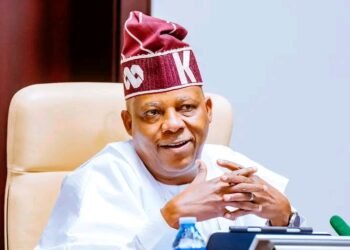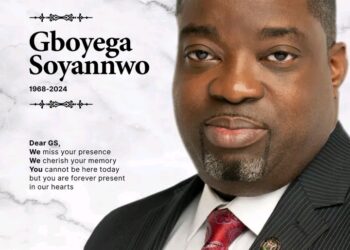Hon. Bamidele Salam, Member of the House of Representatives representing Ede North, Ede South, Egbedore, and Ejigbo Federal Constituency of Osun State, has categorically dismissed widespread claims suggesting that federal lawmakers receive direct allocations of N1 billion for constituency projects. In a formal rebuttal, Salam described the narrative as misleading and a fundamental misrepresentation of Nigeria’s legislative and budgetary processes.
In a statement issued on Thursday, the lawmaker underscored the constitutional responsibilities of members of the National Assembly, which include lawmaking, oversight of the executive, and the facilitation of development projects within their constituencies. He stressed that while legislative duties are defined by national interest, constituents often measure a representative’s performance by their ability to attract tangible development to their local communities.
Salam drew attention to international parliamentary practices, citing the United States Congress, where members can formally nominate community-based projects for federal funding. He emphasized that the Nigerian legislative process, while distinct, shares similar elements—particularly in leveraging the national budget to address local development needs.
“The budget remains a product of the National Assembly. While the Executive initiates the process, it is the legislature that debates, modifies, and passes it. Upon enactment, it becomes the property of the Executive, which holds exclusive authority for its implementation,” he stated.
He clarified that the inclusion of constituency projects in the budget follows a structured process: legislators submit proposals for community-based interventions, indicate the government agencies expected to implement them and provide estimated costs. These inputs are considered during the appropriation process but do not result in direct disbursements to lawmakers.
“No legislator receives cash or contracts for these projects. The claim that members of the National Assembly are allocated N1 billion each is both inaccurate and intentionally deceptive,” Salam said.
He further noted that project execution is solely handled by the implementing agencies, and lawmakers have no role in contractor selection or fund disbursement. “Often, I do not know the contractors handling the projects I facilitated. What matters to me is the delivery of value to my constituents,” he added.
Salam disclosed that over N3 billion worth of federal projects are currently being executed across his constituency under the 2024 budget. These include school infrastructure, electrification schemes, and road rehabilitation—all managed by appropriate government agencies and publicly marked with project boards bearing agency details and scope of work.
Looking ahead to the 2025 fiscal year, he confirmed that additional projects—ranging from educational facilities to empowerment programs—have been proposed and incorporated into the Appropriation Act. He reiterated his commitment to ensuring the equitable spread of federal presence across the communities he represents.
While expressing appreciation to President Bola Ahmed Tinubu for approving project requests submitted through the National Assembly, Salam maintained that project facilitation remains the constitutional prerogative of elected representatives.
“The President’s endorsement is appreciated, but the responsibility for identifying community needs and securing their inclusion in the budget lies with lawmakers. It is unlikely, for instance, that the President is familiar with communities like Masifa in Ejigbo or Agodo in Ede North. We must ensure such areas are not overlooked,” he said.
Salam concluded with a call for public understanding of the complexities of budget implementation. He noted that while the 2025 budget has been passed, actual execution depends on broader fiscal conditions such as oil prices and foreign exchange rates. Many agencies are only now initiating procurement processes, he said, and the full rollout of approved projects may take time.
“It is premature to assume that all budgeted funds will be released or that all projects will be executed within the year. What matters is that we continue to advocate for our communities within the bounds of the law and the budgetary process,” Salam stated.




